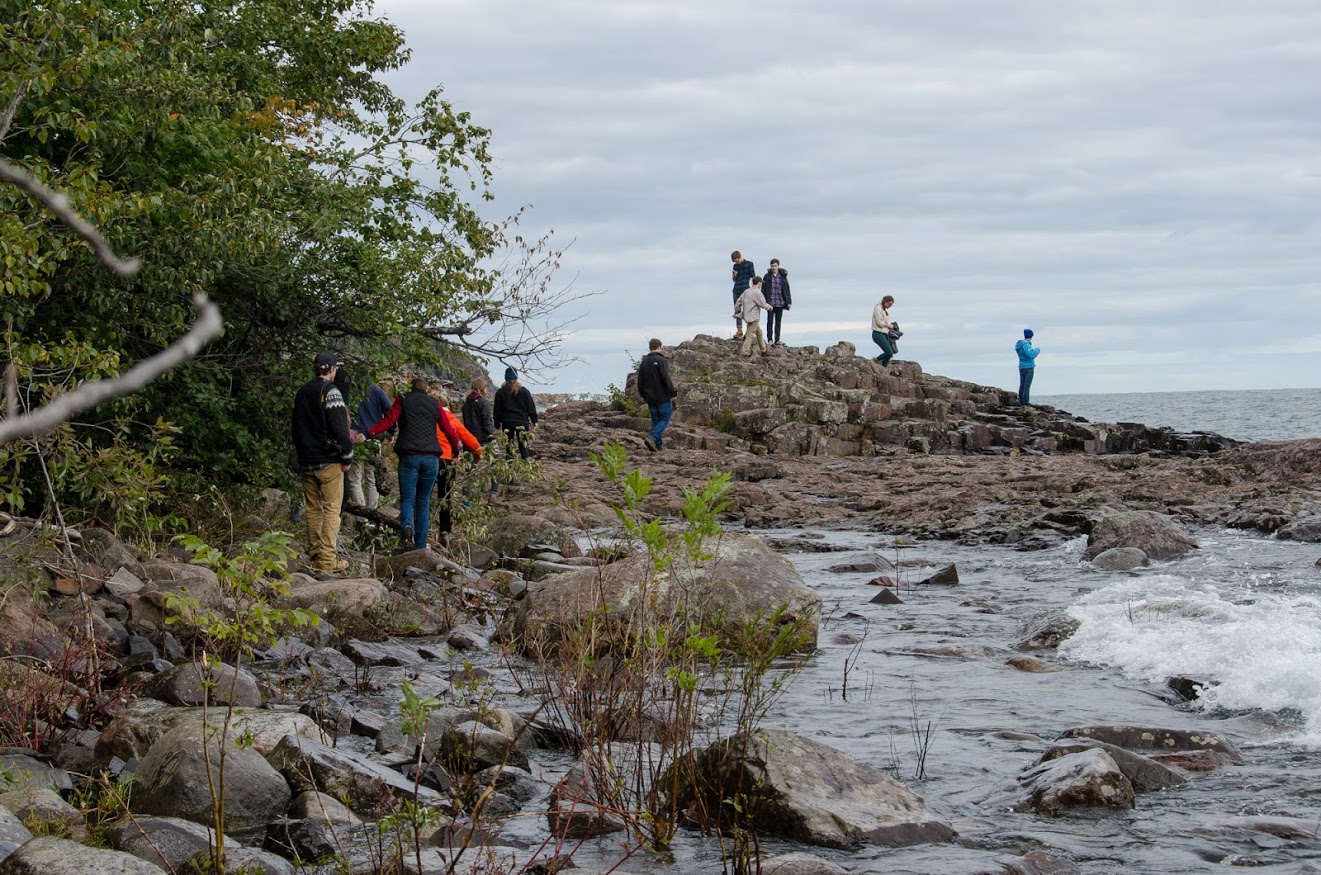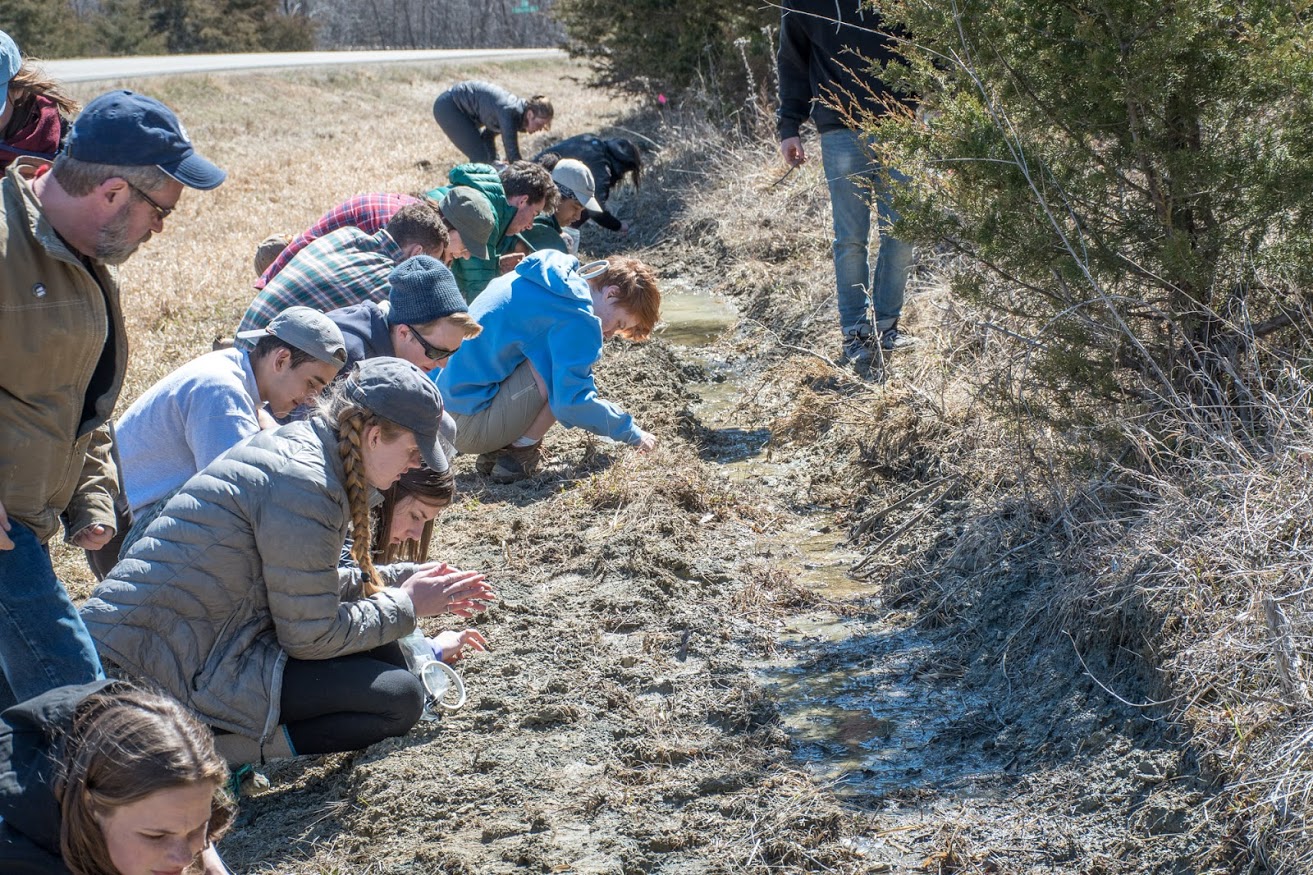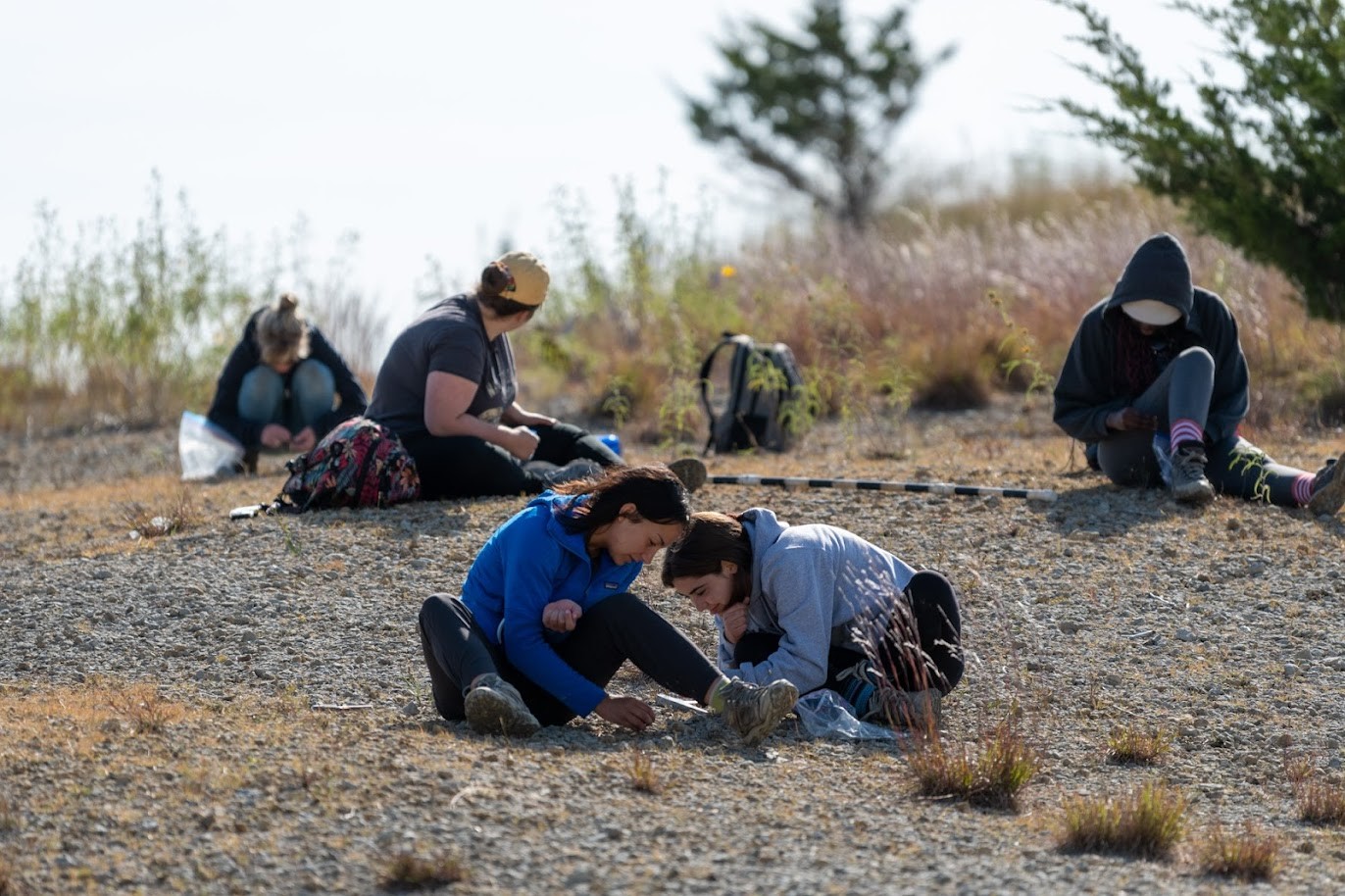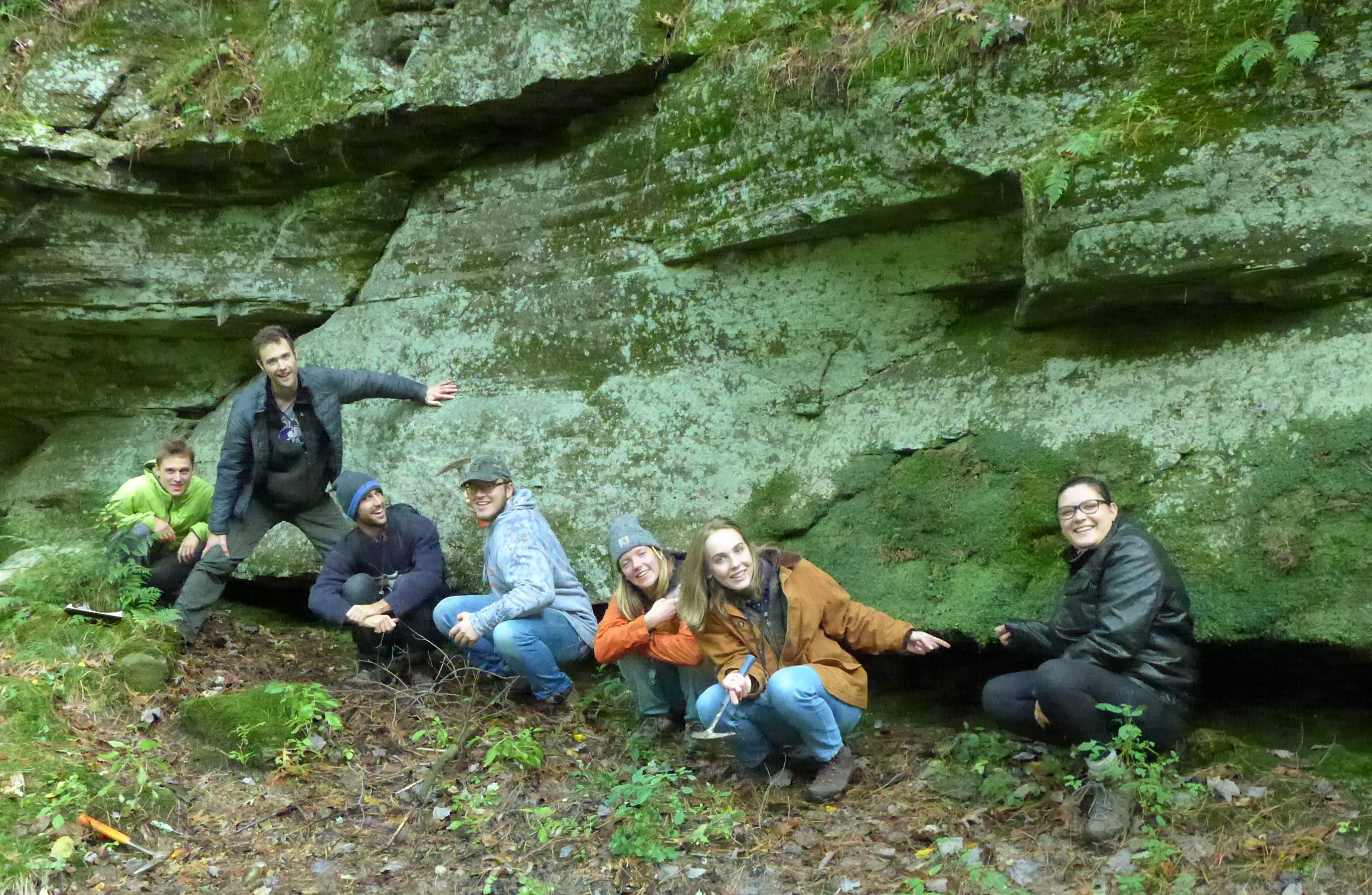
Dynamic Earth and Global Change (GEOL 160)
This course provides an introduction to the materials and structure of the Earth and to the processes acting on and in the Earth to produce change. Emphasis is placed on the evolution of landforms and the formation of Earth resources. Discussions focus on the important role of geologic processes in the solution of environmental problems.




